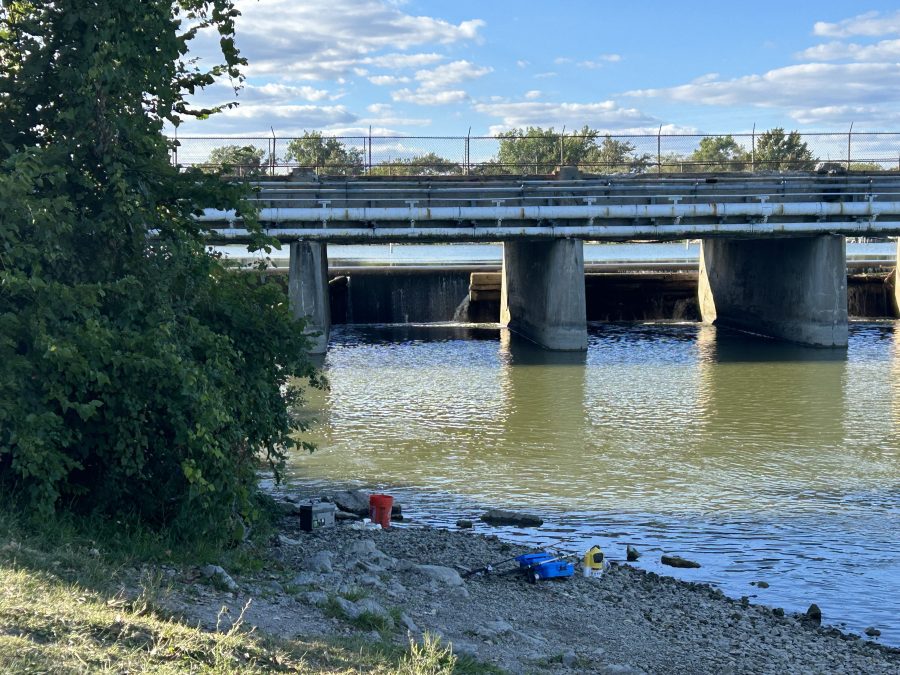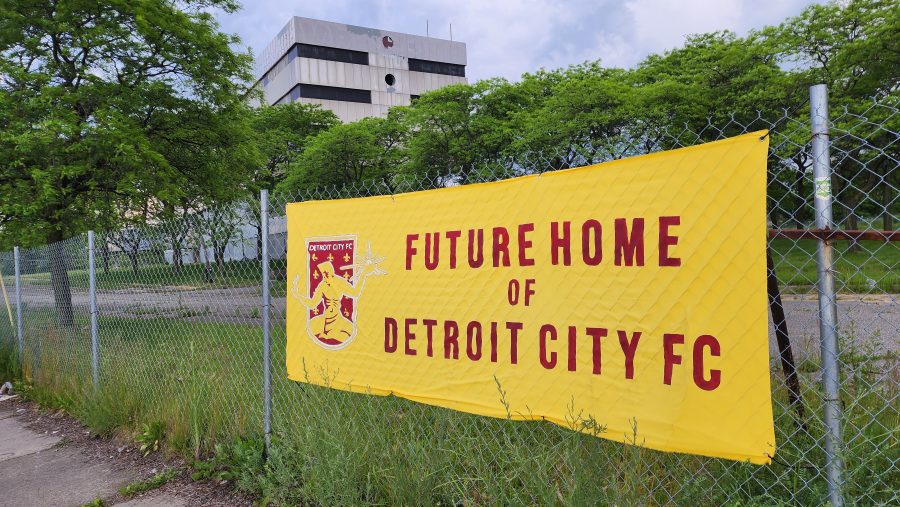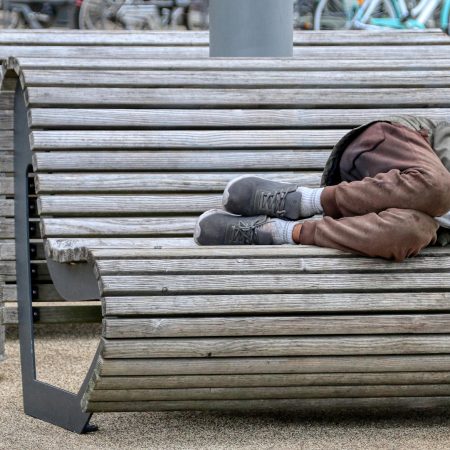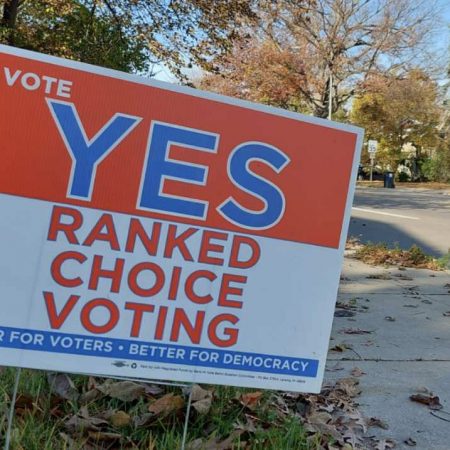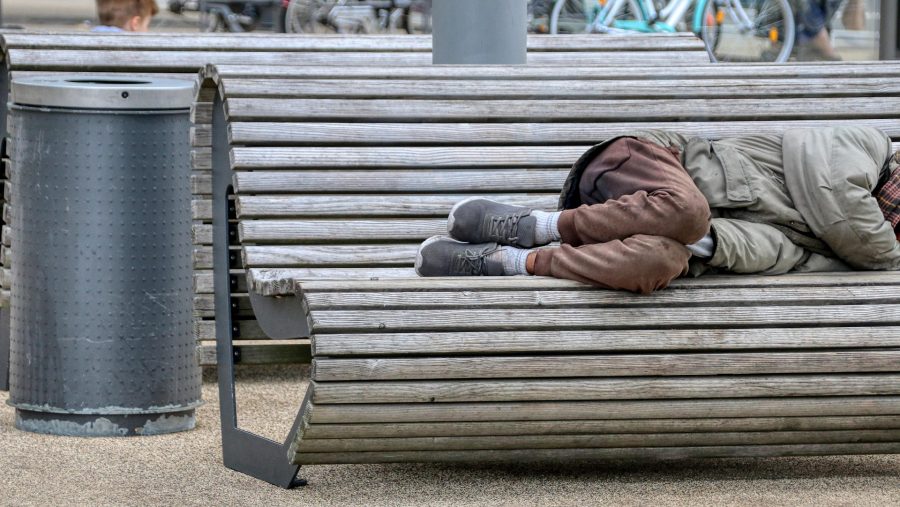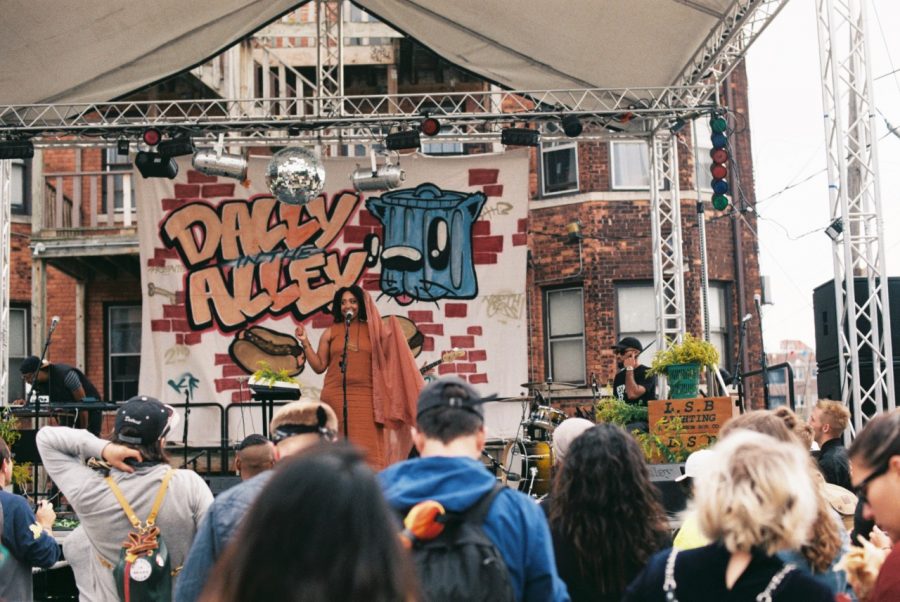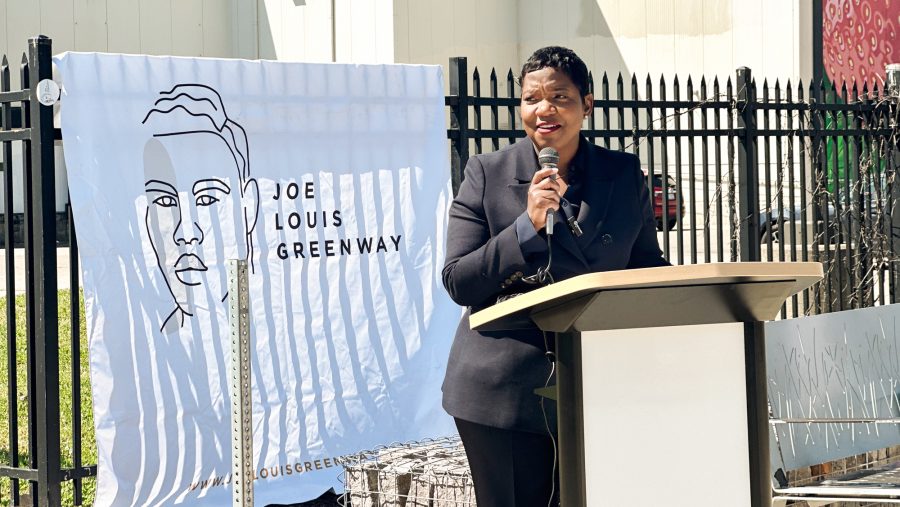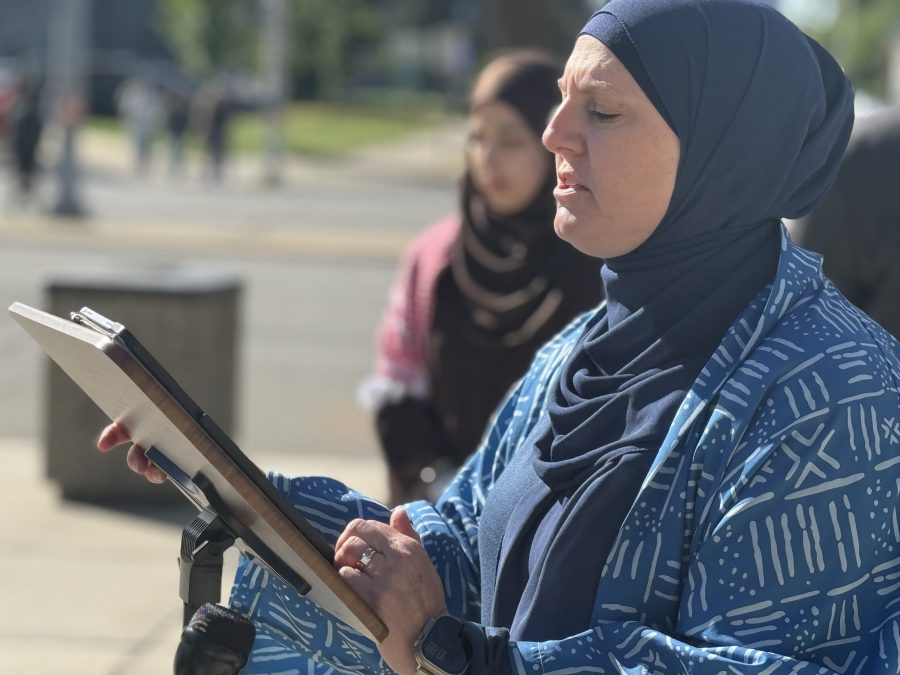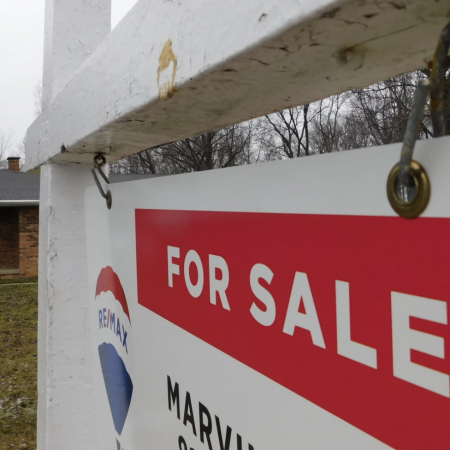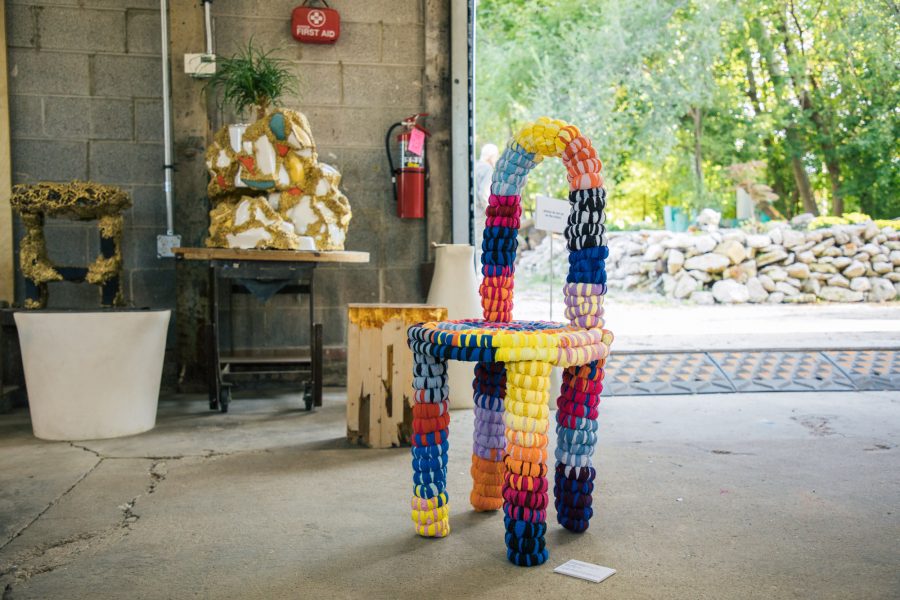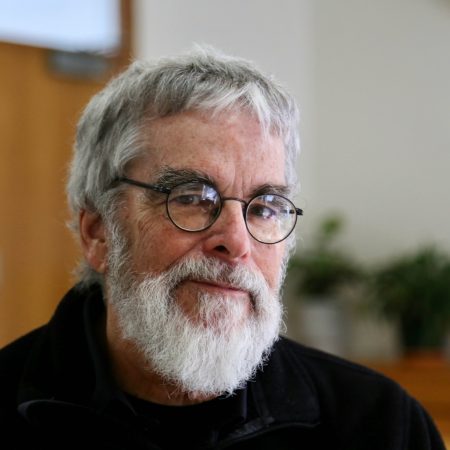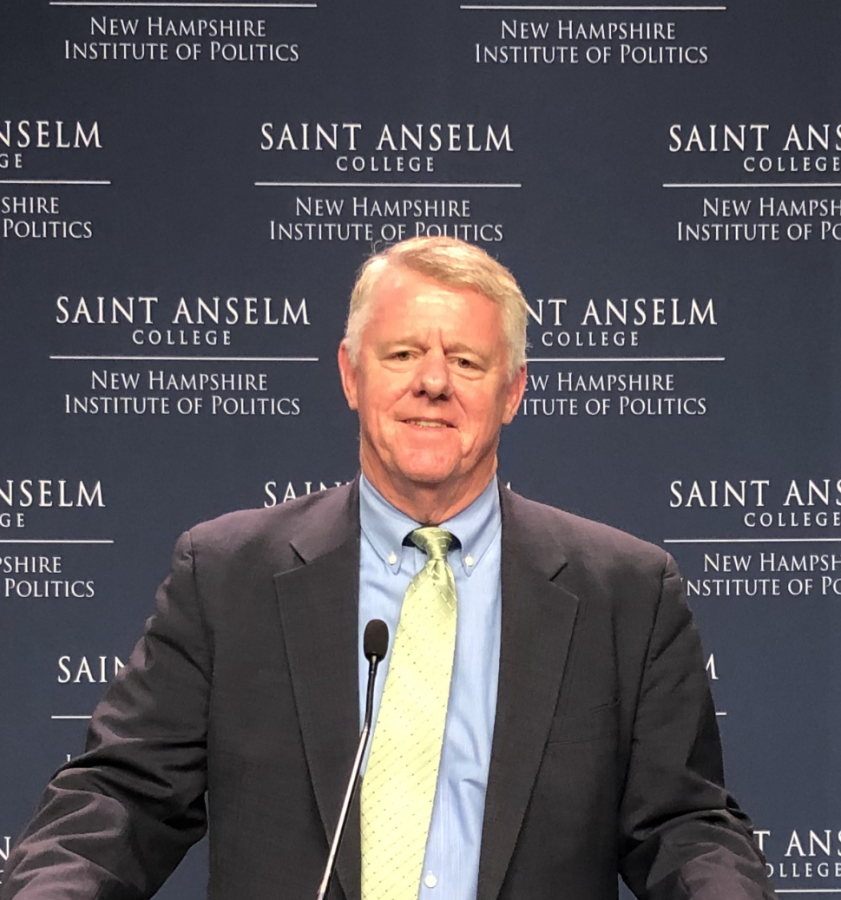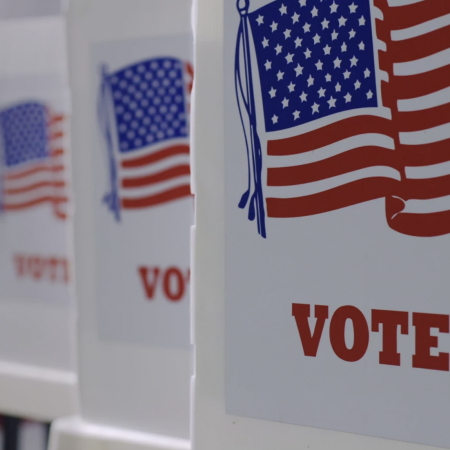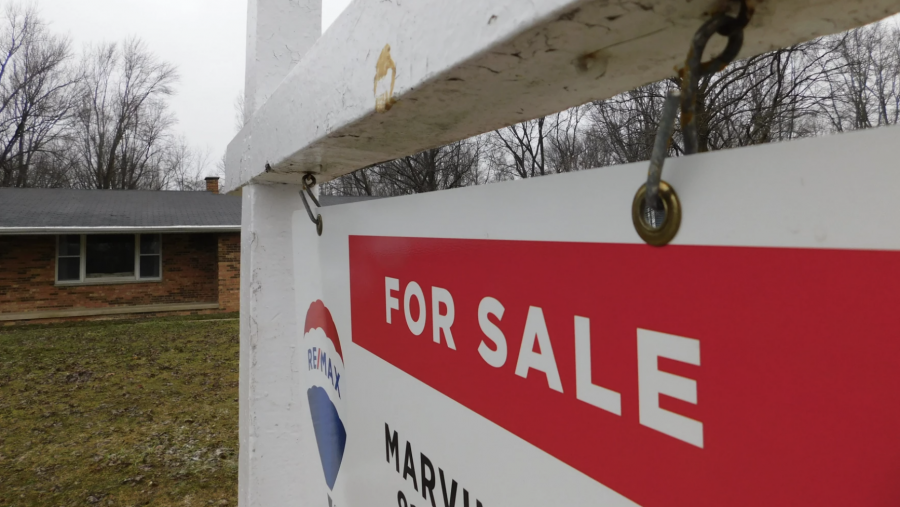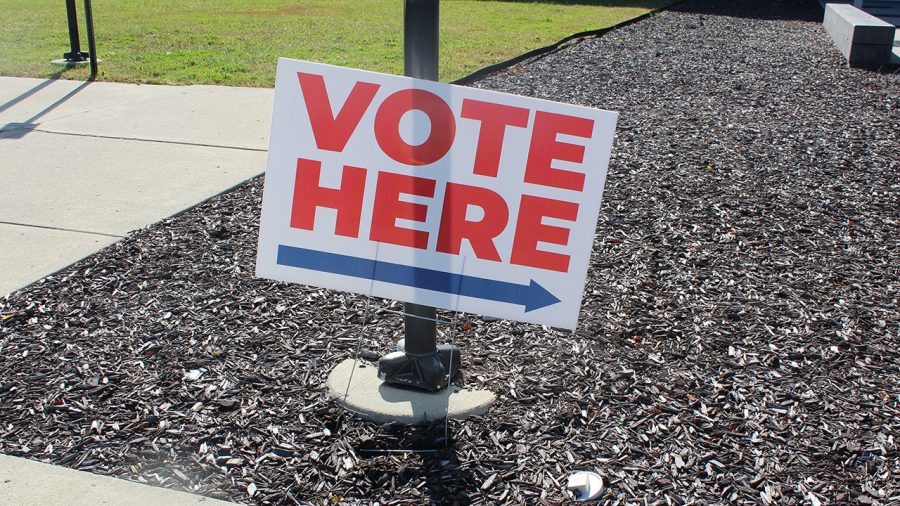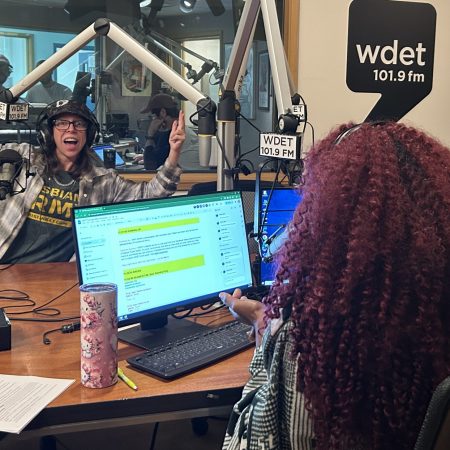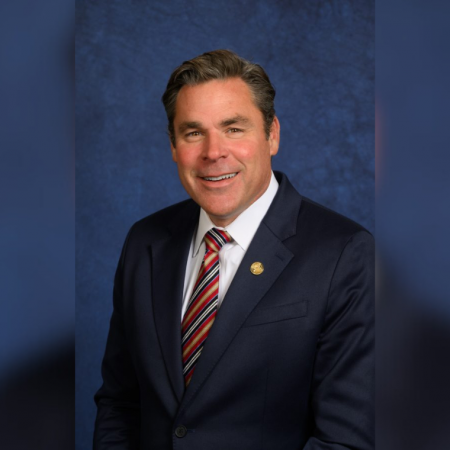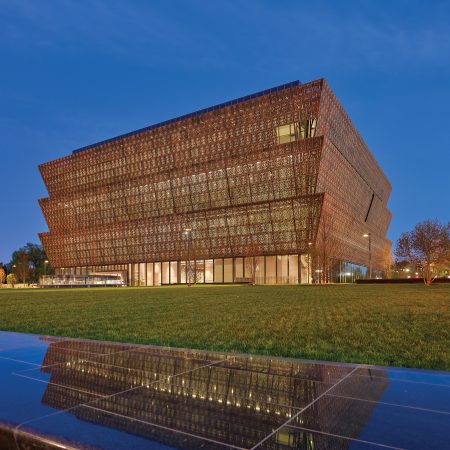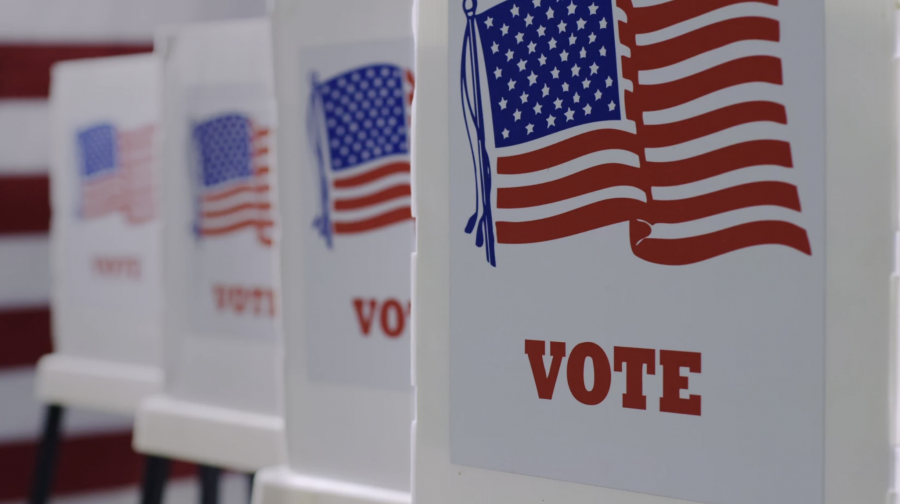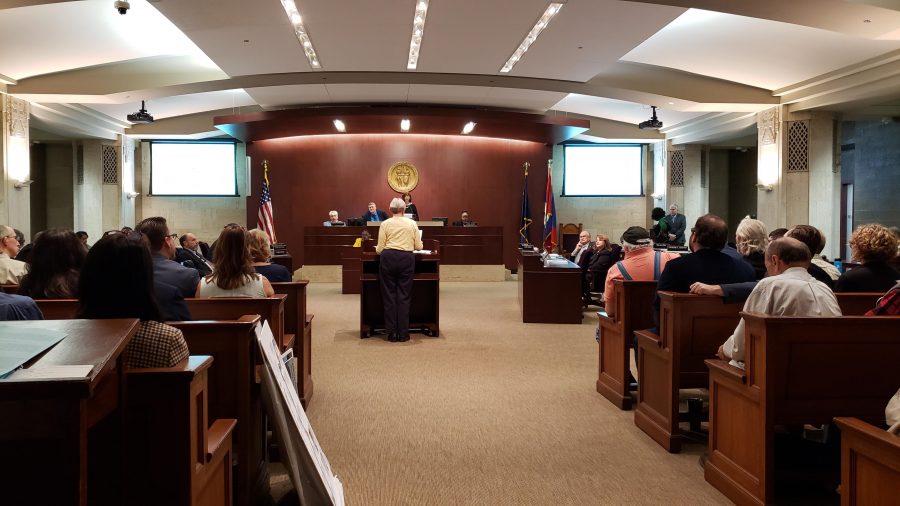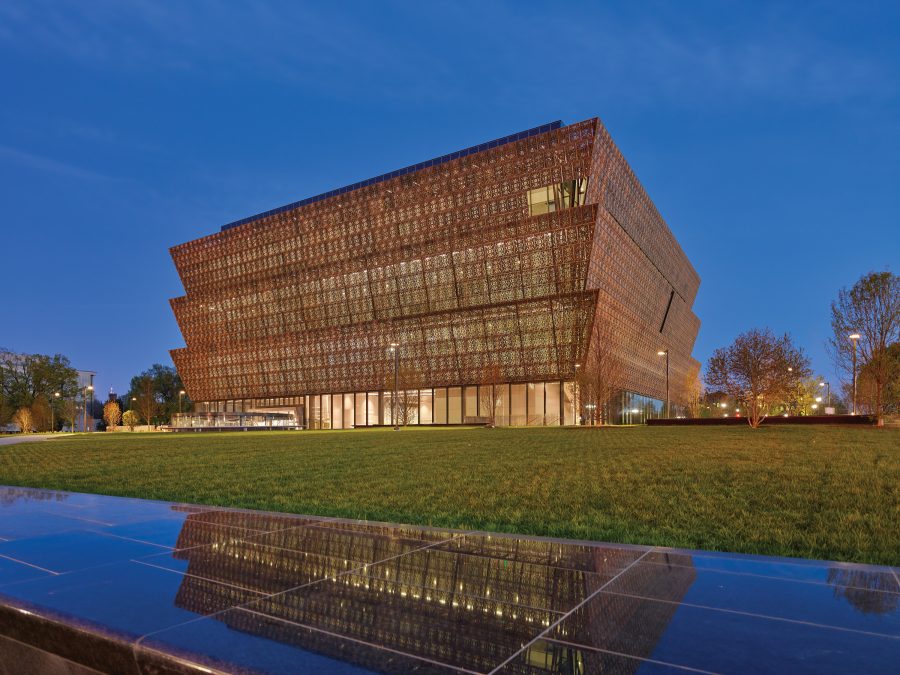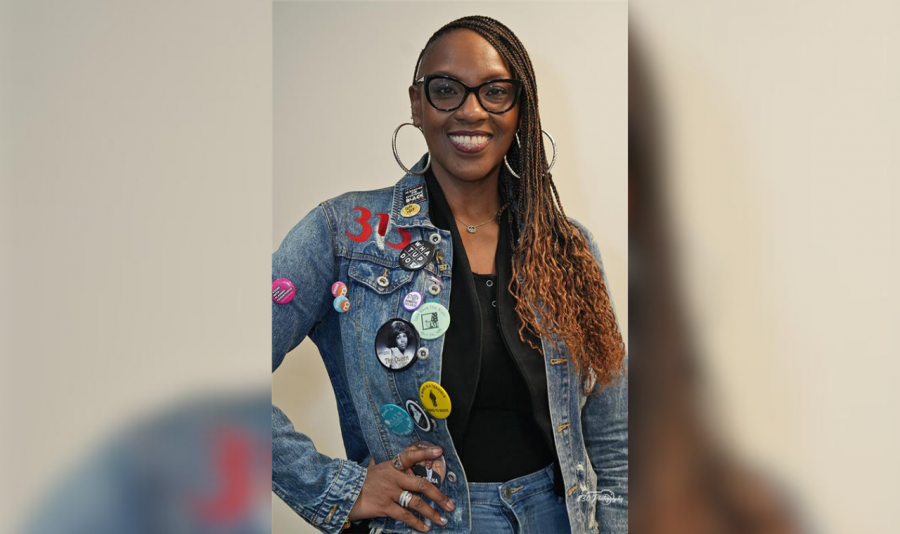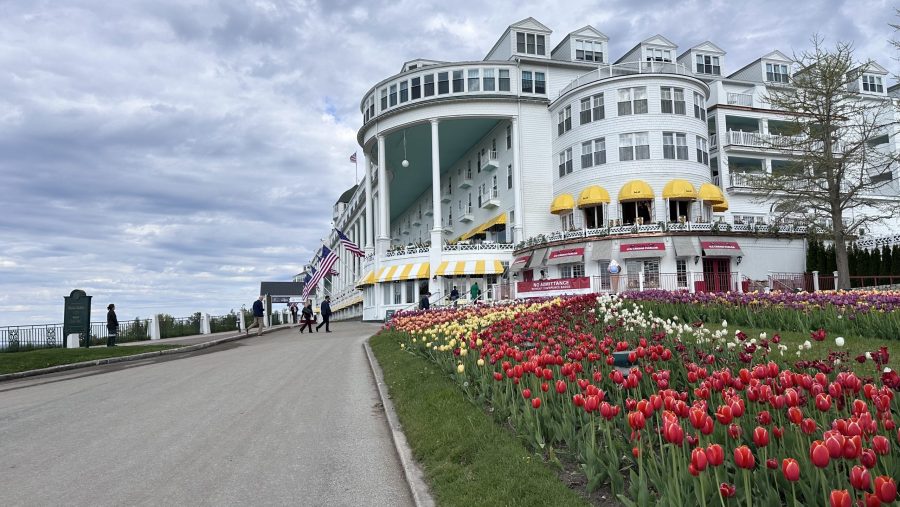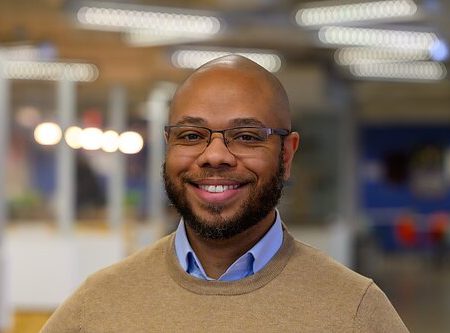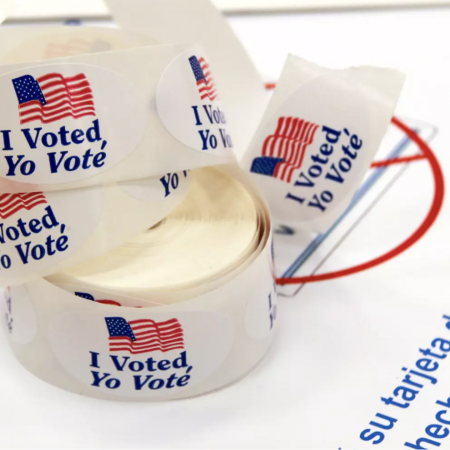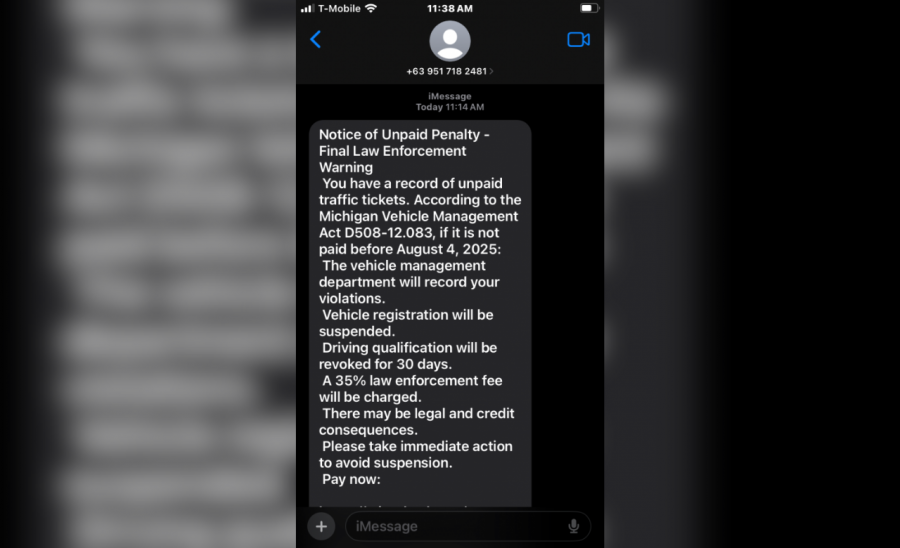The Metro: ‘Sabbath Queen’ asks whether traditions can be honored when they’re changed
When who we are and what we believe in conflicts with the traditions that we’re raised in, life broadly leaves us three choices: we can change who we are to fit the tradition, we can leave the tradition behind, or we can try to change the tradition to fit our ideals.
That last choice requires courage. Change is not easy, and when it comes to a tradition like religion, many become upset when people start tinkering with how things are done.
But that’s exactly what Rabbi Amichai Lau-Lavie has been doing. The rabbi who runs an alternative Jewish synagogue in New York City grew up in Israel under a lineage of orthodox rabbis. But Rabbi Lau-Lavie and his congregation at Lab/Shul don’t practice orthodox Judaism, they’re doing something unique and experimental.
The new documentary, “Sabbath Queen” explores the life of Rabbi Lau-Lavie and more. Tomorrow, the rabbi will be at an event at the Isaac Agree Downtown Synagogue in Detroit. The film will be screening Sunday at the DIA.
Sandi DuBowski is the filmmaker. He spoke with Cary Junior II.
Listen to The Metro weekdays from 10 a.m. to noon ET on 101.9 FM and streaming on-demand.
Subscribe to The Metro on Apple Podcasts, Spotify, YouTube, or NPR or wherever you get your podcasts.
Support local journalism.
WDET strives to cover what’s happening in your community. As a public media institution, we maintain our ability to explore the music and culture of our region through independent support from readers like you. If you value WDET as your source of news, music and conversation, please make a gift today.More stories from The Metro
The post The Metro: ‘Sabbath Queen’ asks whether traditions can be honored when they’re changed appeared first on WDET 101.9 FM.
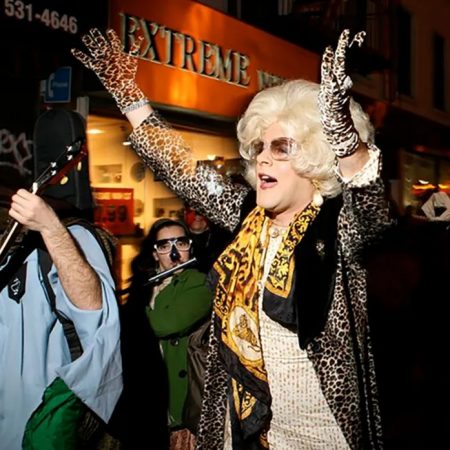


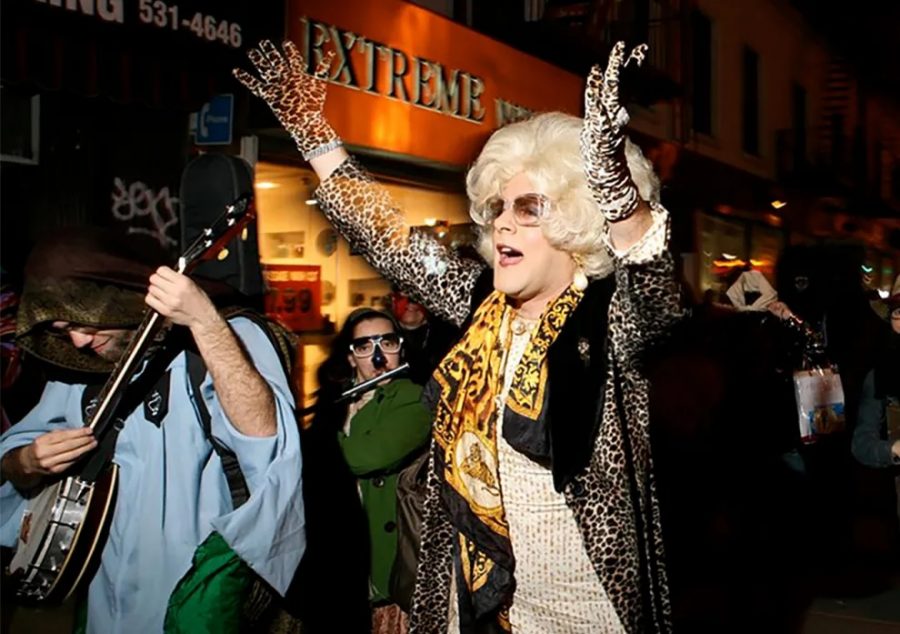
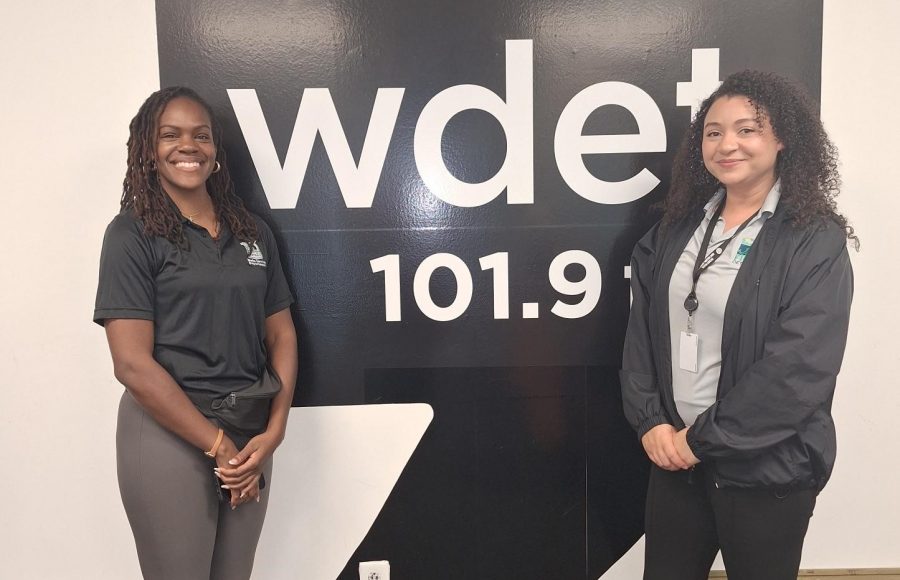
![] (6)](https://wdet.org/wp-content/uploads/2025/09/6-900x534.png)

